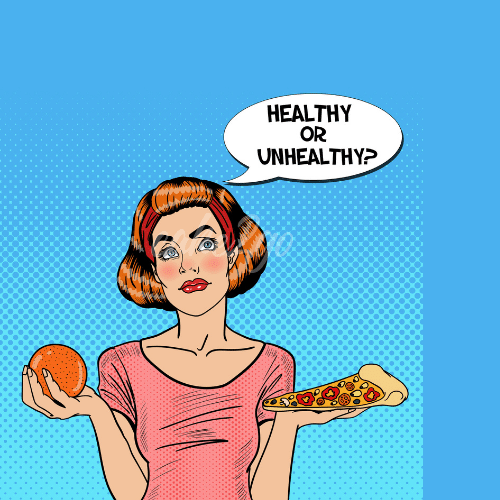When you’re trying to look your best, one of the most frustrating situations to have to face is added bloating around your belly. After all, you know that you’ve been losing weight and you’re pretty sure that you haven’t gained all that fat, so what is making you so puffy and what can you do to prevent it?
Bloating around the middle is a kind of tight and full feeling around your abdomen. For some people, this expansion can be so extreme that it can be painful. It can increase your size by a striking amount so that your clothes won’t fit right and it is harder to move around.
There are many different things that can cause bloat to happen. Some of them are hormonal, others have to do with dehydration or constipation. The pressure in the abdomen is always changing when it comes to fluids, gasses, waste, and other contents. Many women find that they experience bloating during certain times of the cycle. Eating a large meal can often cause our middles to swell out, as well. When you don’t drink enough fluids, the body often reacts by retaining water, which can also contribute to this situation.
So what can you do to help to keep it to a minimum? There are quite a few things that you might find to be very helpful. Consider the following:
• Slow down while you’re eating – this can help you to eat less, reduce gastrointestinal discomfort, and it will lead you to swallow less air so that you won’t fill up your middle with as much gas.
• Eat more, smaller meals – instead of eating three large meals each day, break your portions down so that you’re eating five or six smaller meals. This will be easier for your body to process so that you will be less likely to experience the symptoms that can lead to bloating.
• Gradually boost your fiber intake – a healthy amount of fiber can keep you feeling fuller so that you won’t overeat and it will help to keep your regular. For men and women aged 50 years and younger, you should be focusing on getting 38 grams and 25 grams of fiber, respectively, each day.
• Exercise regularly – the more regularly you exercise, the healthier your digestive system will be. You will lower your risk of constipation and will digest more efficiently.
• Drink water – when you don’t drink enough water, your body thinks that you are going through a time of drought and will start storing water in your tissues to make sure that you don’t run out. By hydrating, your body will know that you have ample water and will release the stored excess fluids.
• Reduce your sodium – while a small amount of salt, each day, is vital to life, most of us take in many times more sodium than we actually need. Sodium encourages water retention, among other things, causing us to look bigger than we are.
• Avoid bloat causing foods – pay attention to what you are eating and whether or not it leads you to experience bloating. That can help you to avoid those foods, particularly when you know that you have an event coming up where you’ll want to look nice.










